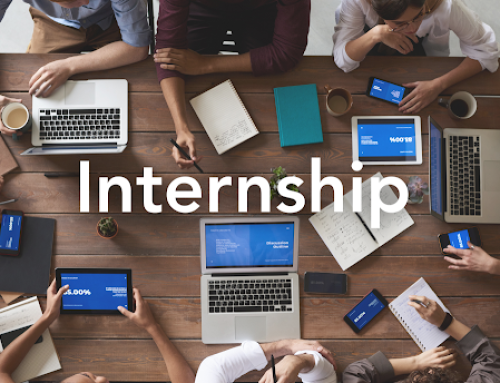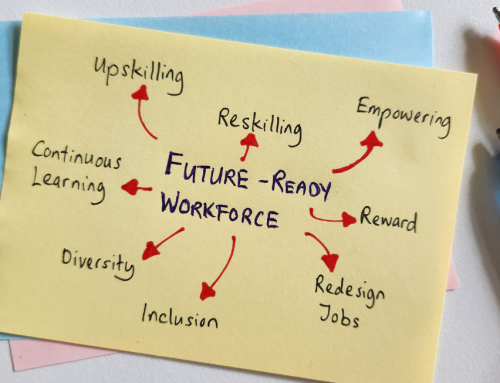
Congratulations on completing your SPM and/or graduating from college! That’s a huge milestone. Now comes the next big step: landing your first job or internship. Whether it’s for a part-time gig or a full-time role, interviews can be nerve-wracking.
But don’t worry, we’ve got four easy-to-follow tips to help you walk into your next interview with confidence and leave a lasting impression
1. Know What You Bring to the Table
Before the interview even begins, take some time to reflect on your strengths. Technical skills are the practical tools you’ve picked up—maybe you’re good with spreadsheets, know how to edit videos, or speak multiple languages. Personal skills, on the other hand, are about how you work and interact—like being a reliable team player, staying organised, or solving problems on the spot.
You don’t need formal work experience to show what you’re capable of. School projects, club activities, or helping at a family business all count. For example, you can say that being the secretary of the Environmental Club improved your organisational skills, or that being the treasurer of the Entrepreneur Club means you are detail-oriented and good with numbers. The idea is to know your strengths and be ready to explain how they make you a great fit for the role.
2. Master Your Self-Introduction
“Tell me about yourself” is usually the first question in any interview. This is the chance to make a great first impression.
Here’s a simple structure to follow:
- Name: Start with your name and where you’re from.
- Education: Mention your most recent academic achievement (e.g. “I just completed my SPM”)
- Activities: Talk about any clubs, sports, or volunteer work you’ve done.
- Skills: Highlight one or two key strengths
- Goals: Share what you’re hoping to learn or achieve in the role.
Practice saying this out loud until it feels natural. You want to sound confident, not rehearsed.
3. Nail Common Interview Questions with the STAR Method
When interviewers ask questions like:
- “Can you share your experience with working in a team?”
- “How do you deal with having to meet multiple deadlines at one time?”
- “Tell me about a time where you had to solve a conflict…”
They’re not just asking for a story. They’re actually trying to assess your key soft skills such as teamwork, time management, and conflict resolution.
A great way to answer these questions clearly and confidently is by using the STAR method:
- Situation: What was happening?
- Task: What was your role?
- Action: What did you do?
- Result: What happened in the end?
4. Have a Resume Ready (and a Portfolio, if Relevant!)
Almost all jobs require a resume—and having one ready shows that you’re serious, prepared, and professional, even if it’s not specifically asked for.
Your resume should be concise, well-organised, and easy to read—using clear, confident language to highlight what you did, learned, or achieved in each experience. Be sure to include:
- Your name, contact details, and where you’re based
- Education background
- Key skills (both technical and personal)
- Extracurricular activities or achievements
- Any part-time work, internships, or volunteer experience
If you’re interested in pursuing a career in the creative field such as graphic design, illustration, or even running an online business, consider building a simple portfolio to showcase your work. This could include personal projects, school assignments, or anything you’ve created independently. You can present it as a PDF, slideshow, or upload it to free platforms like Behance or Wix.
Don’t forget your online presence! Creating a LinkedIn profile is a great way to start to network with others in your field and makes it easier for recruiters to find you (even if you’re just starting out). Check out our easy-to-follow guide on creating your LinkedIn profile!
Remember that interviews aren’t just about answering questions, they’re about showing who you are. Be honest, be yourself, and don’t be afraid to share your story. Employers aren’t expecting perfection; they’re looking for potential, passion, and a willingness to learn.
Every interview is a chance to grow. Even if you don’t get the job, you’re building valuable experience that will help you in the future. If you don’t hear back or get a rejection, you can politely ask the interviewer for feedback. This will help you gain insights that help you do better next time.
Feel more prepared now? You’ve got this!





